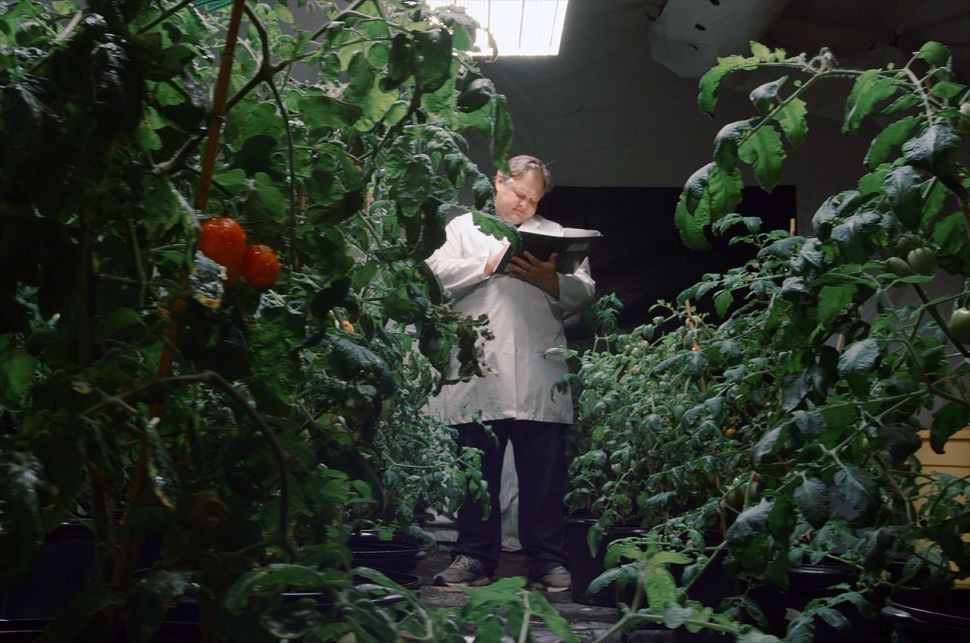American Heinz on Monday unveiled its first bottle of "Marz Edition" ketchup, a sauce made from tomatoes grown under Martian conditions. This somewhat special condiment is the result of two years of research by a team from the Aldrin Space Institute, Florida Institute of Technology.
Established in 2015, the Aldrin Space Institute at the Florida Institute of Technology aims to advance ways to establish and maintain a permanent human presence on Mars . Led by Dr. Andrew Palmer, the team recently collaborated with the famous American condiment brand Heinz to offer a ketchup made from tomatoes grown under Martian conditions. Between the start of the work focused on the composition of the soil and the harvest, two years passed.
Although not available for purchase, a batch of this "ketchup Marz Edition" was recently showcased at Heinz headquarters in Pittsburgh where the experimental sauce was passed the quality tests to be certified.
"We are thrilled that our team of experts were able to grow tomatoes in conditions found on another planet and share our creation with the world “said Cristina Kenz, Director of Growth for Kraft Heinz International Zone.
Previously, most efforts to grow organisms under simulated Martian conditions focused on short-growing plants.
To demonstrate that tomatoes could also grow and be harvested on Mars, experts from Heinz, whose products have already been available for years to crews aboard the ISS , and the Aldrin Space Institute have developed Earth soil chemically matching the regolith of the Red Planet . They then exposed the plants to the same temperature and water conditions than those found on Mars. Finally, they implemented several farming techniques to ensure that the end result had the recognizable taste of Heinz ketchup.

As to whether and when astronauts will be able to producing Heinz ketchup on Mars is another story. Before imagining this type of culture, it would still be necessary to be able to set foot there. On this side, if SpaceX plans to send a first crew by 2026 , NASA and the Chinese space agency are instead targeting the early 2030s.
Beyond the Martian considerations and the nice publicity stunt for the brand, this research could also have terrestrial applications. Eventually, this work could indeed lead to the development of cultures capable of evolving in the most remote and difficult places on our planet.